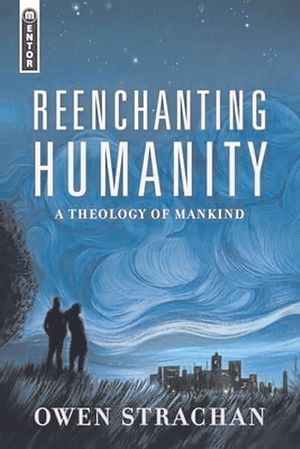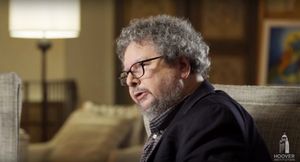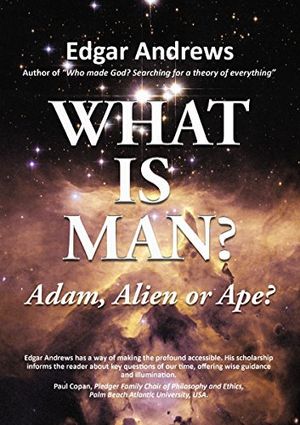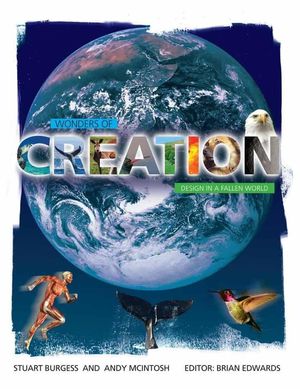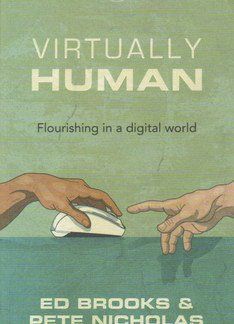
The profile of creation in the UK media rose to a new high in March 2002. Many newspapers carried stories about the Christian ethos of Emmanuel College in Gateshead, which receives its day-to-day expenses from the State.
Television channels covered the issue with interviews and comment, and the BBC website forum for audience feedback had more ‘hits’ on this topic than on any other during the period.
Questions were asked in Parliament and even Tony Blair was drawn into the controversy.
A Christian mind
Professor Richard Dawkins was frequently interviewed and took the opportunity to lash out at people who take the Bible seriously in its teaching about origins.
More seriously, despite the college receiving a glowing ‘Ofsted’ report last year, Dawkins and others approached the authorities requesting a re-inspection, in the light of the ‘disturbing’ revelations about the way the college teaches science.
The response to what is going on at Emmanuel College suggests that the church at large could be doing much more to help people develop a Christian mind on a broad range of issues.

What is education?
Jenny Tonge MP said on Channel 4: ‘It seems to me that, particularly in a technology college, to not be teaching proper biology and evolution is absolutely astonishing and we, the tax payers, are paying for it’.
Later, she asked Tony Blair whether he was happy for creationism to be taught in state schools. The BBC reported: ‘Blair ducks creation questions’. The National Secular Society condemned this as ‘a deplorable acceptance of anti-science by a man who purports to value education’.
But what constitutes ‘proper’ teaching of these issues? How do Christians react when told that our views are not fit to be heard in schools?
Curiously, after a week of reporting, none of the media stories thought it appropriate to mention that the creationist conference held at the college was addressed by Professor Andy McIntosh, a scientist specialising in combustion at Leeds University.
Perhaps even the reporters could not cope with the thought that competent scientists are advocating creation (and often have done).
Understanding the issues
The basic principle for educationalists is, surely, that we should teach the controversy. Christians addressing these issues have developed this principle at some length. The strategy is to help students understand the issues.
They need to be made aware of opposing arguments, not to confuse, but to inspire interest and enquiry.
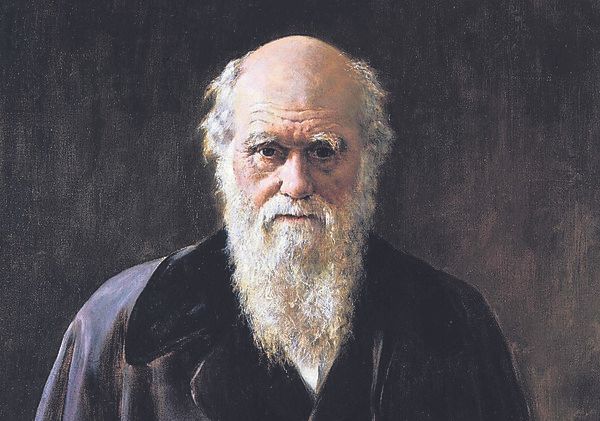
There is a point of contact here with Darwin himself, who used this approach in his Origin of Species. He referred over 100 times to the creation explanation, although he always claimed that his approach was superior.
It is not unusual for evolutionary biologists to follow Darwin’s lead and claim that evolution explains life’s mysteries better than creation. But contemporary educators see only one side of the argument!
When creationists want to look at the competing explanations, demonstrating weaknesses in evolutionary theories and the superiority of the creation approach, this is deemed ‘bad science’ or just ruled out of court as ‘anti-science’.
Mind-numbing
A good sign of teaching any area of controversy is that students know the evidence against the proposed theory as well as for it. There can be few areas of science that have as bad a record on this as evolution.
Nearly 40 years ago, Professor Kerkut at Southampton University discovered how brainwashed his students had become about evolutionary theory. He would ask them about the evidence against Darwinism, only to be met by bewildered looks and statements like ‘But there isn’t any, sir!’
To counter these mind-numbing trends, he wrote his book Implications of Evolution — a landmark in the development of critical thinking about evolutionary theory.
However, sad to say, the situation today appears just as bad as a generation ago.

Evolutionary science
Creationists find themselves in a strange situation. They want to engage with science by discussing evidence. They want to establish what the facts are and what they actually mean.
In effect, they say: ‘We think the evidence favours creation, and that the arguments offered to support evolutionary theory are weak’.
What is the response? Is it: ‘OK, let’s look at what you have to say? Let’s examine the competing explanations afresh?’
No; evolutionary biologists hardly ever debate these issues! The dominant response is to decry the offenders with allegations of ‘anti-science’ and ‘not teaching proper science’.
Such responses reveal scientific dogmatism, a power struggle for people’s minds.
Power struggle
Two of the media commentators perceived this clearly. Tom Utley wrote in the Daily Telegraph (16 March):
‘There is something almost hysterical about [Richard Dawkins’] attack on the science teachers at Emmanuel City Technology College in Gateshead that put me in mind of Torquemada and the Spanish Inquisition. The professor is seeking out heretics — unbelievers in the religion of science — with a view to silencing them’.
Again, Melanie Phillips wrote in the Daily Mail (15 March) that ‘the attack on Emmanuel reveals an alarming intolerance’. She suggested that many of the leaders of ‘science’ are actually apostles for an atheistic creed masquerading as science.

This perception, she continued, ‘helps explain why, when anyone dares challenge this scientism-based consensus, they are ridiculed, abused and all but run out of town’.
Christians need to be aware that science seldom achieves its stated goal of ‘objectivity’, because the scientist is part of the picture and not merely an observer of the world.
The working rule of most scientists appears to be that God is irrelevant to what they are doing. But this is false and it leads to erroneous thinking and actions. We must recognise when people are attempting to close down debate.
Church leaders
Religious leaders have entered the controversy. Richard Harries, the Anglican Bishop of Oxford, speaking on BBC Radio 4 (15 March) compared the situation to 1860, when his predecessor Samuel Wilberforce opposed evolution in a debate with the scientist Thomas Huxley.
We’ve moved on since then, suggested the bishop. ‘It is … quite extraordinary that 140 years later, after so much evidence has accumulated, that a school in Gateshead is opposing evolutionary theory on alleged biblical grounds.
‘Do some people really think that the worldwide scientific community is engaged in a massive conspiracy to hoodwink the rest of us?’
What the bishop failed to notice is that the worldwide scientific community operates in a culture of tacit atheism. The Bible teaches us not to be surprised at the unbelief of the world. If anyone is doing the hoodwinking, it is the devil, who is a deceiver from the beginning.

Theistic evolution
Bishop Harries advocates theistic evolution: ‘The fact that the universe probably began about 12 billion years ago with life beginning to evolve about 3 billion years ago simply underlines the extraordinary detailed, persistent, patience of the divine creator spirit’.
But the bishop provides no biblical support for this approach. The Bible locates the ‘detail’ in God’s eternal plan, and his persistence and patience in the gracious way he deals with rebellious mankind.
Richard Dawkins responded on 18 March to the Tom Utley essay. The charge of heresy-hunting was misguided, he said, and the bishops should deal with the ‘threat’ of creationism.
He wrote: ‘Over to you, gentlemen… If there is anything I can do to help, you’ll find me lying low, with my head down. With the best will in the world, I seem to do more harm than good. It’s somebody else’s turn’.
So, we have bishops who do not teach the Bible, and scientists who choose not to engage in serious debate. Is it any surprise that creationists feel a little frustrated?
Public awareness
One welcome outcome of this controversy is increased public awareness. Melanie Phillips wrote:
‘Emmanuel College in Gateshead is one of the most successful state schools in the country. Its examination results are excellent. Its orderliness is exemplary. Parents are desperate to send their children there, with three applicants for every place.’

When the headmaster, Nigel McQuoid, appeared on television, he came over well as a serious and conscientious educator.
Tom Utley wrote of the pupils: ‘almost everybody seems to accept that they are thoroughly intelligent and well taught — as much about evolution as about alternative theories’.
What can Christians do? We can make positive contributions. Christians have made enormous contributions to education over the years — and there is no reason why we should now leave it to the State.
Christians pioneered the scientific revolution in Europe — and there is no reason why science should operate in a culture of tacit atheism.
Christians are ‘people of the Book’ — and there is no reason why we should adopt views that are not rooted in the words of Scripture.
This debate has proved stimulating and profitable — we must not let it wither.




